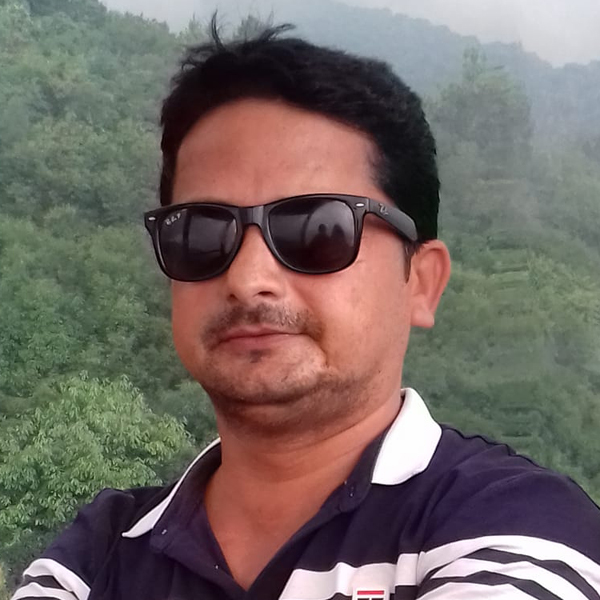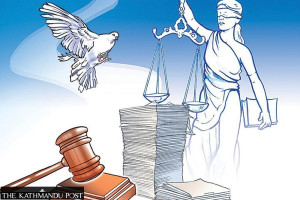Money
Upgraded customs mgmt system at Sirsiya Dry Port
The Sirsiya dry port in Birgunj is all set to go online with the Automated System for Customs Data (Asycuda World) from July 16, a new web-based customs management system that supports paperless cargo submission and processing through the use of electronic documents.
Shankar Acharya
The Sirsiya dry port in Birgunj is all set to go online with the Automated System for Customs Data (Asycuda World) from July 16, a new web-based customs management system that supports paperless cargo submission and processing through the use of electronic documents.
The new system, an upgraded version of Asycuda++ currently being operated at the inland container depot, is expected to speed up cargo clearance besides promoting transparency at customs.
Unlike previous versions, Asycuda World does not require a client to install software and can be accessed wherever there is an internet connection. The user needs to sign in using the username and password issued by customs. The system also allows clients to open bank accounts and make payment online.
The installation of the server has been completed, and training is being provided to employees and stakeholders, said Harihar Poudel, information officer at the customs.
The new system is currently in operation at the Mechi Customs Office. The project is being implemented under a grant support of the Asian Development Bank.
After Asycuda World is implemented, it will enable customs agents, importers and exporters to spontaneously make a customs declaration from anywhere there is internet. It will reduce hassles by saving them a trip to the customs office.
According to Gopal Khatri, a customs official, they have been providing phase-wise training to customs officials, cargo agents, bank employees and officials of Himalayan Terminal that manages the dry port.
He said that they were doing the necessary homework as per the government’s plan to implement the new system at 10 customs office across the country.
According to customs officials, the system is currently in use in more than 90 countries, including Bangladesh, Sri Lanka and the Maldives in South Asia.




 9.12°C Kathmandu
9.12°C Kathmandu














